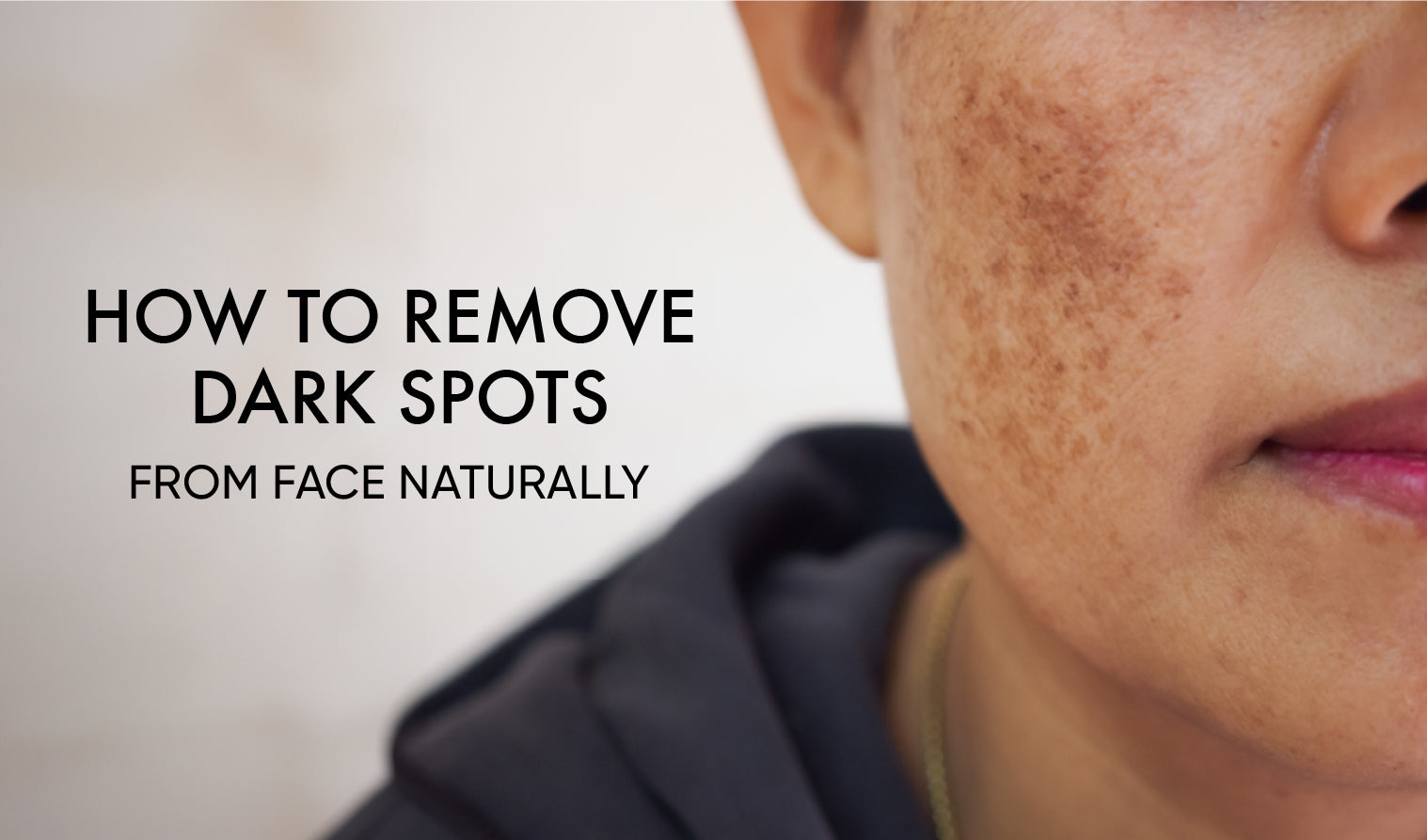How to Choose the Right Skincare Products for Your Skin Type
Introduction
In the vast and ever-evolving world of skincare, finding the right products for your skin type can be a game-changer. With so many options available, each promising miraculous results, it's easy to feel overwhelmed and unsure about where to start. However, understanding your skin type and knowing which ingredients to look for (and avoid) can empower you to make informed choices that will benefit your skin's health and appearance. Let's delve into the essential steps for selecting the perfect skincare products tailored to your skin type.
Identify Your Skin Type
Before embarking on your skincare journey, it's crucial to identify your skin type. Skin types generally fall into several categories: oily, dry, combination, sensitive, or normal. Here's how you can determine your skin type:
Oily Skin: This type is characterized by excess sebum production, leading to a shiny complexion and often enlarged pores.
Dry Skin: Dry skin feels tight, rough, or flaky due to insufficient moisture and lipid content.
Combination Skin: Combination skin exhibits traits of both oily and dry skin, typically with an oily T-zone (forehead, nose, and chin) and drier cheeks.
Sensitive Skin: Sensitive skin is prone to irritation, redness, or allergic reactions when exposed to certain products or environmental factors.
Normal Skin: Normal skin is well-balanced, neither excessively oily nor dry, with small pores and no severe sensitivity issues.
Take note of how your skin behaves throughout the day and in different weather conditions to accurately determine your skin type.
Understand Your Skin's Needs
Once you've identified your skin type, you can begin to understand its specific needs. For instance:
Oily Skin: Focus on products that regulate oil production and mattify the skin without stripping it of moisture.
Dry Skin: Look for hydrating and nourishing ingredients that restore moisture and strengthen the skin barrier.
Combination Skin: Use products that cater to both oily and dry areas of the face, achieving balance without exacerbating either condition.
Sensitive Skin: Opt for gentle, fragrance-free products formulated with soothing ingredients to minimize the risk of irritation.
Normal Skin: Choose products that maintain the skin's natural balance without causing excessive dryness or oiliness.
Read Labels and Ingredients Lists
When selecting skincare products, always read the labels and familiarize yourself with the ingredients. Certain ingredients are more beneficial for specific skin types:
For Oily Skin: Look for products containing salicylic acid, benzoyl peroxide, or clay to control oil and prevent breakouts.
For Dry Skin: Seek out moisturizers with hyaluronic acid, glycerin, shea butter, or ceramides to deeply hydrate and nourish.
For Combination Skin: Use lightweight, non-comedogenic formulas that balance moisture levels without clogging pores.
For Sensitive Skin: Avoid harsh ingredients like alcohol, synthetic fragrances, and sulfates, opting instead for calming ingredients like aloe vera, oat extract, or chamomile.
Avoid products with potentially irritating or pore-clogging ingredients such as parabens, mineral oil, and artificial dyes.
Consider Your Skincare Routine
Incorporate products into a comprehensive skincare routine that addresses cleansing, moisturizing, and targeted treatments. A basic routine typically includes:
Cleanser: Use a gentle cleanser suitable for your skin type to remove dirt, oil, and impurities without stripping the skin.
Toner: Optional but beneficial for balancing pH levels and prepping the skin for subsequent products.
Moisturizer: Hydrate your skin with a moisturizer that matches your skin type to maintain suppleness and prevent moisture loss.
Sunscreen: Essential for all skin types to protect against UV damage and premature aging.
Experiment Carefully
Even with meticulous research, skincare can be a trial-and-error process. Introduce new products gradually, starting with patch tests to check for adverse reactions. Pay attention to how your skin responds, and adjust your routine accordingly.
Consult a Dermatologist
If you're unsure about which products are best suited for your skin type or if you have persistent skin concerns, consider consulting a dermatologist. A professional can offer personalized recommendations and treatments tailored to your specific needs.
Conclusion
Choosing the right skincare products for your skin type involves a blend of self-awareness, ingredient knowledge, and patience. By understanding your skin's unique characteristics and selecting products that cater to its needs, you can establish an effective skincare routine that promotes a healthy, radiant complexion. Remember, consistency and diligence are key to achieving long-term skincare goals. With the right approach, you'll be well on your way to nurturing your skin and unlocking its natural beauty.
FAQ
1. What are the different types of skin, and how can I identify my skin type?
Skin types include oily, dry, combination, sensitive, and normal. You can identify your skin type based on factors like oiliness, dryness, sensitivity, and pore size. Observing your skin throughout the day and in various conditions can help determine your skin type.
Q.2. How important is it to choose skincare products based on my skin type?
Choosing products that match your skin type is crucial because it helps address specific concerns without causing further issues like dryness or excess oiliness. Using products designed for your skin type can optimize results and minimize adverse reactions.
Q3. What ingredients should I look for in skincare products for oily skin?
For oily skin, look for products containing ingredients like salicylic acid, benzoyl peroxide, niacinamide, and witch hazel. These ingredients can help control oil production, minimize pores, and prevent breakouts.
Q.4. How can I hydrate dry skin effectively?
Hydrate dry skin with moisturizers containing ingredients like hyaluronic acid, glycerin, shea butter, and ceramides. These ingredients help replenish moisture, strengthen the skin barrier, and prevent water loss.
Q.5. Are there specific ingredients I should avoid if I have sensitive skin?
Yes, if you have sensitive skin, avoid products containing alcohol, synthetic fragrances, sulfates, parabens, and harsh exfoliants. Opt for gentle, fragrance-free formulas with soothing ingredients like aloe vera, chamomile, and oat extract.



